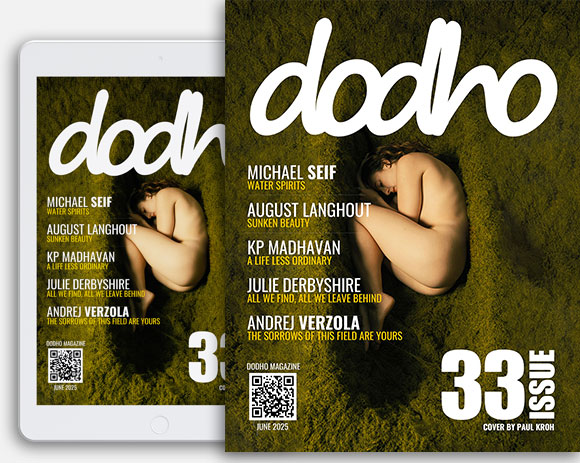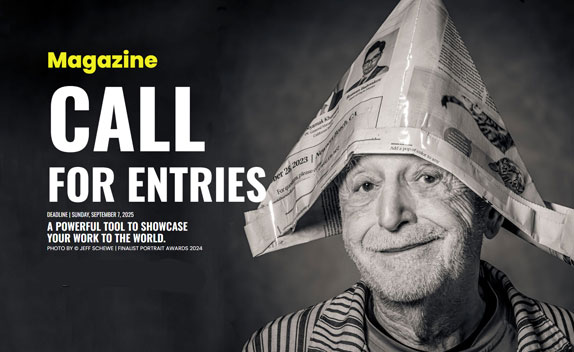Amid this Pandemic when we all went into lockdown it was a mixed feeling of anxiety, fear and monotony. Being a photographer it was sometimes very frustrating to sit indoors though it was essential for the current condition.
After so many months of uncertainty and travel restrictions it was tough to come up with new Photographic Work but I guess destiny was kind enough to give me a chance to document this current series. I visited an adjoining area on a different assignment and in between my scheduled work I took out a couple of hours and visited this place. As I visited I was surprised to see such a huge community working on this livelihood and their families too toiling hard to keep the cycle going.
This specific Fishermen community mainly dealing with dried sea fishes. This is a place at the outskirts of Mandarmoni sea beach at Midnapur district of West Bengal about 170 kms from Kolkata city, India. This particular community starts working from November to up to March each year. The male community goes early in the sea to catch fishes in their boats. Then after returning they tirelessly unloads the fishes from the boats and brings them to the village where there is a huge area of drying process going on. The women of the community mainly indulges in the sorting of the fishes according to their types and shapes and then hang them under the sun to get dried.
After the drying process is complete these fishes are sent to the wholesale markets and from there are transported at different parts of the state and even around different cities of India. The bigger dried fishes are for human consumption and the almost dust type variety are mainly used as animal feeds in poultries, farms and different fisheries. This particular community mainly works around 3 to 4 months on this project site as they stay there in their makeshift houses amid the stinking smell of these dried fishes. After the season gets over they move to any other areas for other kind of works. In Bengali we call these dried fishes as “Sutki” and to mention they are a very popular Bengali food dish across West Bengal and Bangladesh devoid of their stinking smell.
The whole activities of the community and their dedication towards the work, the vast ongoing project on a particular type of food fascinated me to try to capture the essence of the place and present a dedicated series on them.






























